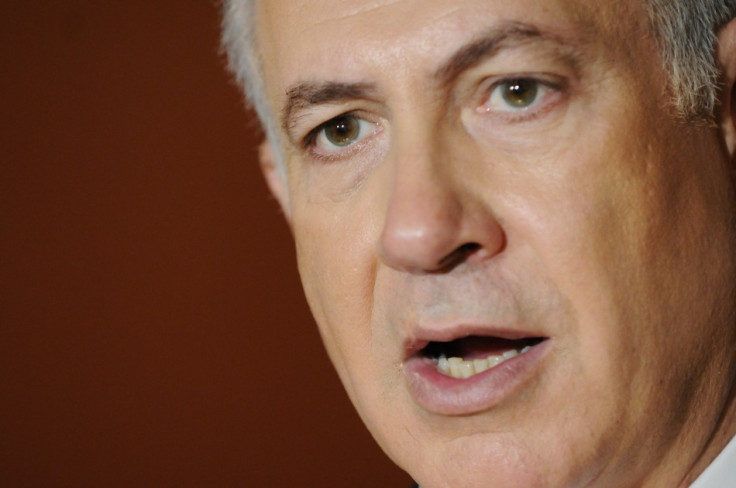Israel: Is Netanyahu ‘Bowing Down’ Under Pressure?
ANALYSIS

The British newspaper "The Independent" reported that according to an Israeli television channel, Israeli Prime Minister Benjamin Netanyahu is prepared to base talks for a Palestinian state on the 1967 truce lines.
The news comes on the heels of a Reuters report earlier Tuesay that Israel's Supreme Court had ordered the evacuation of a hilltop outpost where some 250 Jewish settlers live without further delay, upholding a petition made five years ago by Palestinians and an anti-settler group.
Netanyahu has been under increasing internal and external pressure recently. While Israelis have mobilised throughout the week-end and held protests against the increasing gap between the rich and the poor, high taxes, food prices and the cost of education, the international community has also called for the stalled peace talks between Israel and Palestine to be reignited before the planed Palestinian statehood bid at the U.N. in September.
This week, the European Union also urged Israel to carry out an inquiry into the killing of two Palestinians by Israeli soldiers in the Qalandia refugee camp in the West Bank.
"The European Union is saddened and concerned by the killing," said a spokesman for EU foreign policy chief Catherine Ashton.
"We call on the Israeli authorities to exercise restraint and thoroughly investigate the incident," added spokesman Michael Mann.
Now the Israeli prime minister and the government have received a warning from the court that the hilltop outpost of Migron in the occupied West Bank must be removed by March 31. Reuters said the court insisted that the state could not "drag its feet" and should proceed to remove the outpost "which even it admits is illegal."
"Even in its first response to the ruling in 2006, the state admitted that the outpost had been built on privately-owned land and that it should be removed, but (the state) asked for a reprieve to discuss an agreed solution," the summary of the court said , Reuters reported.
"The court found that there was no more justification to maintain the current illegal situation and the harm to Palestinians owners' rights."
Following a U.S.-backed peace "road map" with the Palestinians, Israel has agreed to dismantle outposts that had n't been approved by its authorities, but activists have accused Israeli leaders of poorly implementing the agreement.
Currently, an estimated 500,000 Israelis and 2.5 million Palestinians live in the West Bank and East Jerusalem, after Israel gained control over the areas during the 1967 war with Jordan.
Prime Minister Netanyahu had previously rejected U.S. President Barack Obama's call for talks based on the pre-1967 lines, insisting that it would leave Israel in an "indefensible" position. As a result, the turnaround has left some skeptical.
However, according to the Independent, a government official confirmed the television report, but insisted that the Prime Minister would only agree to it if Palestinian leaders accepted to drop their statehood bid recognise Israel as a Jewish state.
Even if Israelis are now more open to negotiations, Palestinians leaders have said they would only renew talks if Tel Aviv agrees to freeze a settlement buildings, another conditions rejected by the Prime Minister.
They have also warned they won't recognise Israel, as they claim it would prevent the return of refugees and diminish the rights of the Arab minority living in Israel.
It will now then be up to the Palestinian camp to accept or refuse Israel's proposal, but the announcement marks an important change of position from Netanyahu, and the new move -- if true -- will prove that faced with internal and exterior pressure, the government is now more open to negotiations.
© Copyright IBTimes 2025. All rights reserved.





















